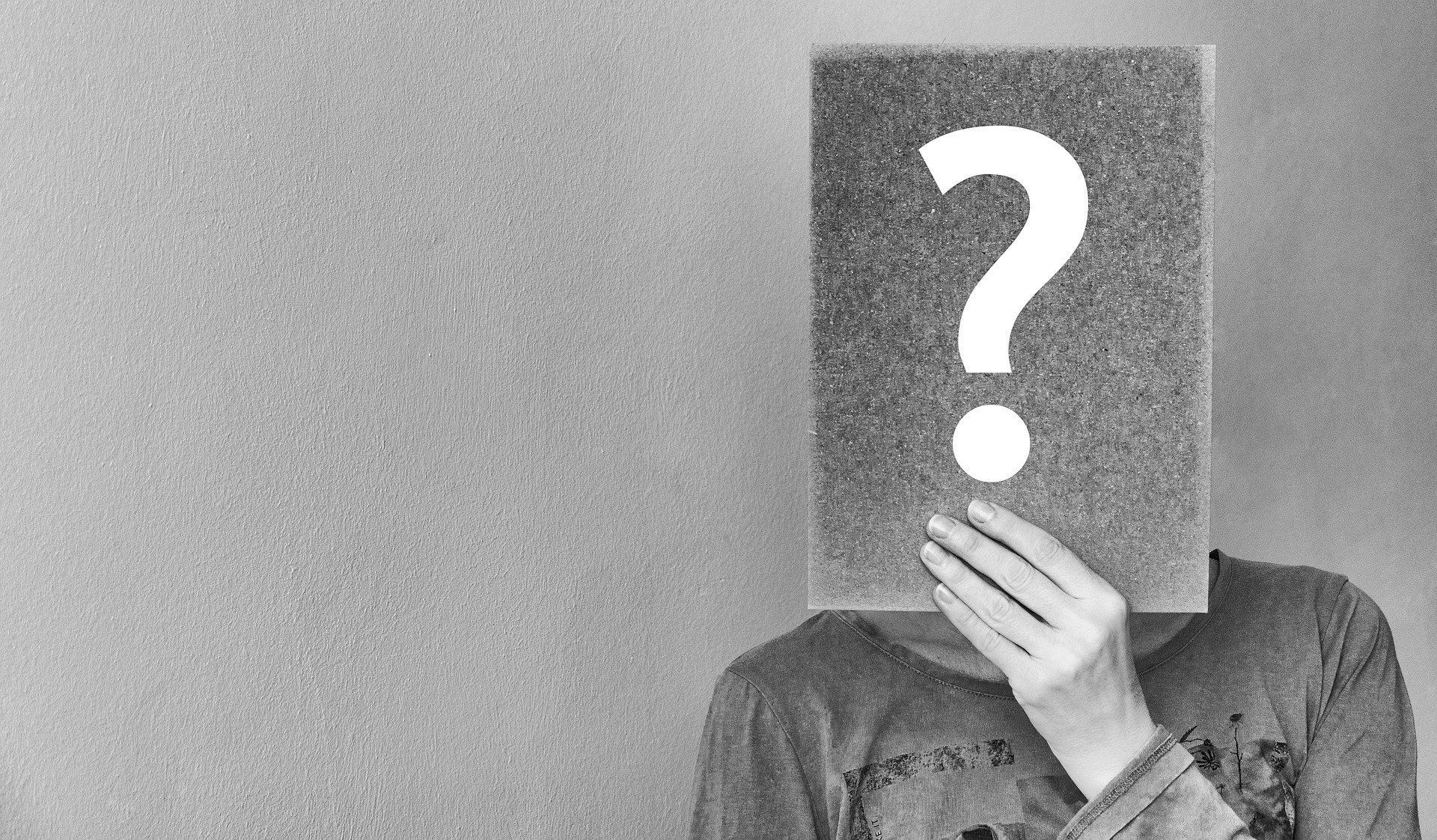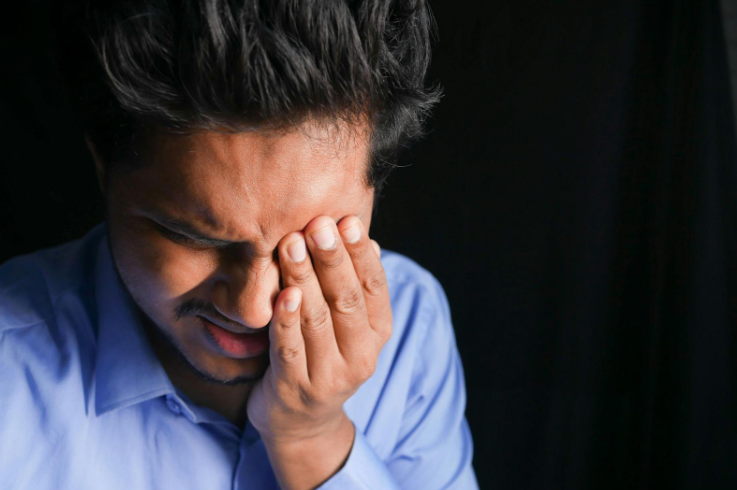Survey Shows That What You Don’t Know About Vision Loss May A Big Problem
 Many studies have shown that people fear blindness as much if not more than they fear cancer, heart disease, stroke, and other serious health problems. However, one new study shows that the vision loss that Americans are scared about is actually an issue they know very little about. The year 2020, with all its symbolism with clear vision, is the year to change that.
Many studies have shown that people fear blindness as much if not more than they fear cancer, heart disease, stroke, and other serious health problems. However, one new study shows that the vision loss that Americans are scared about is actually an issue they know very little about. The year 2020, with all its symbolism with clear vision, is the year to change that.
The number of people who will be affected by eye diseases that cause vision loss or blindness is expected to double in the years ahead, which makes it critical that people understand what puts them at risk for vision loss.
Unfortunately, a recent survey conducted by The Harris Poll about what Americans actually know when it comes to caring for their vision shows that we have a long way to go in helping people better understand eye health.
For the survey, more than 3,500 U.S. adults age 18 and older were asked general questions by The Harris Poll on behalf of the American Academy of Ophthalmology in August 2019.
Here are some of the key findings:
- While 81% of adults say they consider themselves to be knowledgeable about eye and vision health, only 19% were able to correctly identify the 3 main causes of blindness in the U.S.— glaucoma , macular degeneration , and diabetic eye disease.
- Only 37% of adults know that you may not have any symptoms of these leading causes of blindness until permanent vision loss occurs.
- Less than half, 47% , are aware that your brain can make subtle adjustments in an attempt to adapt to vision loss, which makes it hard to tell if you are losing your vision until permanent damage is too difficult to ignore, much less reverse.
- While over half, 57% , are aware that vision loss in adults increases the risk for injury or death , only 24% know that vision loss in adults is also associated with psychological problems such as social isolation and depression.
- Less than half, 47%, understand that vision loss and blindness does not affect all people equally and that some populations of Americans are affected by certain eye diseases more than others.
This survey goes to show that what many Americans don’t know about the health of our eyes and the potential for permanent vision loss—including blindness—can have major, life-altering consequences.
Unfortunately, too many of us choose to be reactive when it comes to the health of our eyes by waiting for symptoms to appear or for our vision to become too compromised before seeking help. However, in many cases, much of our vision could have been preserved had we been proactive by having regular eye exams with an ophthalmologist who would be able to detect eye diseases early.
Educating yourself about eye diseases and visiting an ophthalmologist regularly is the best thing you can do for the health of your eyes and your vision. Ophthalmologists are medical and surgical physicians who are extensively trained to recognize all the potential threats to vision, which is why the Academy recommends that healthy adults see an ophthalmologist for a comprehensive, baseline eye exam by age 40 and have their eyes checked every year or two thereafter.
If you are older and/or have a higher risk of certain eye diseases, based on your family history or medical conditions, you’ll want to consult with your ophthalmologist about how often you should have comprehensive eye exams. Doing so can save your vision.
Baptist Eye Surgeons is an ophthalmological practice in Knoxville, TN, and Morristown, TN, dedicated to providing quality eye care to patients whose needs range from routine comprehensive eye examinations to serious eye diseases to complex surgeries. To meet our doctors and learn more about our specialities, visit our website , or give us a call at 865-579-3920 for more information, or schedule an appointment online.





